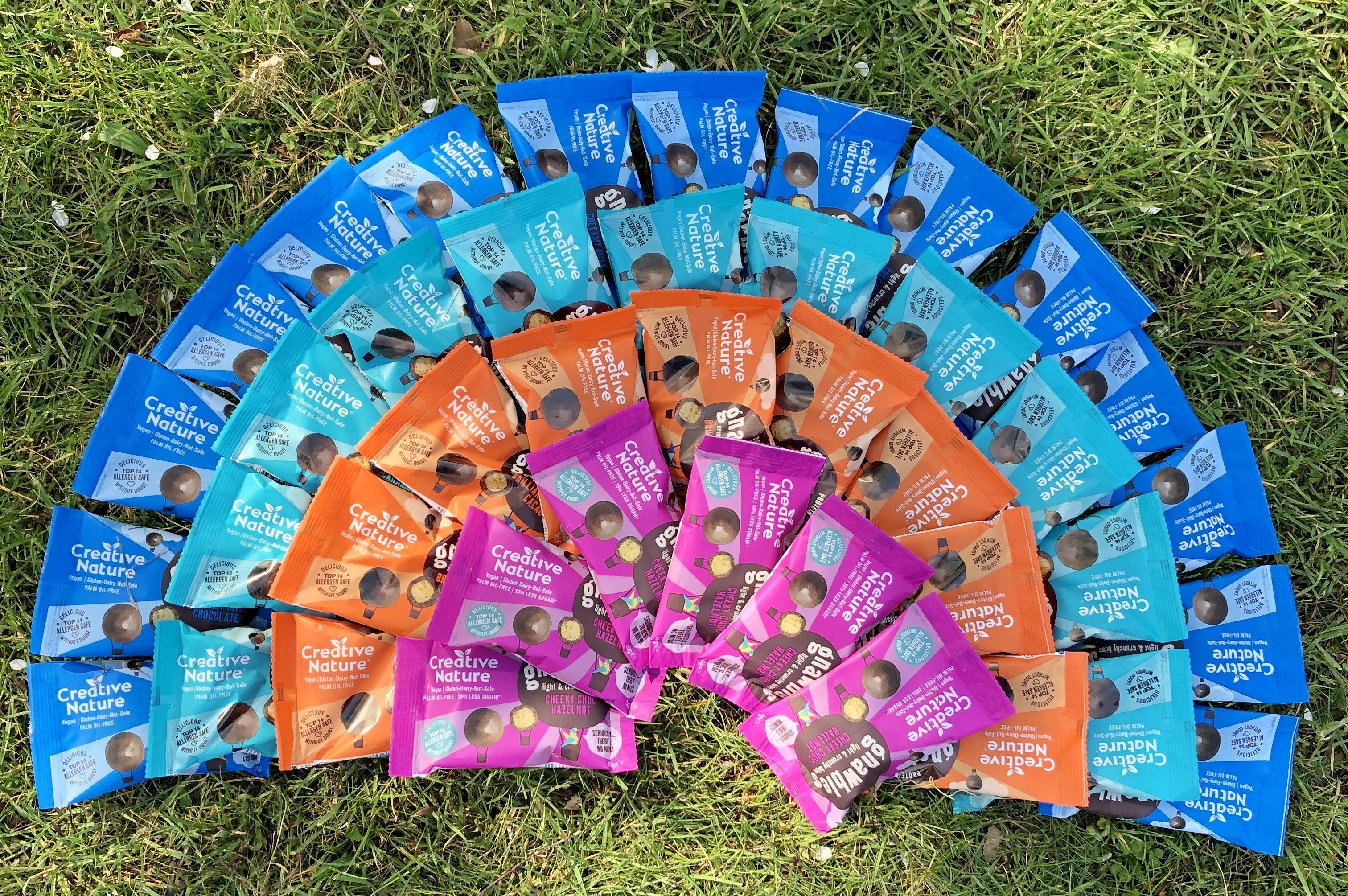As health services around the world are coming under extreme pressure due to the Covid19 crisis, I’m asking people to consider giving more than just a Thursday night hand clap.
It is inspiring to see people in the UK applauding the NHS and all essential workers each Thursday night during lockdown. It’s a small gesture, accessible to almost anyone, to remind those who are risking their lives to keep us and our loved ones safe.
However anyone who has had any dealings with the NHS can do more. It could be through a donation towards the cost of PPE or something else. A ‘clap’ doesn’t put a mask on the mouth of a nurse or feed a tired doctor who cannot get to the supermarket.
What can you do to give a little more?
When I was nine (I’m now 30), I almost died from pancreatitis, although we didn’t know that was what the problem was initially.
I had very bad stomach cramps and my parents took me to the doctors. The GP said there was nothing wrong and sent me home even though I was in agony with the stomach pains.
I started vomiting and couldn’t keep any food or drink down. As you can imagine, at that age, I was very scared, and more so when I was admitted to our local hospital, St Peter’s in Surrey for suspected gastroenteritis.
Whilst I was in hospital my stomach, asymptomatically for gastroenteritis, turned blue, and a young doctor suggested I have a laparoscopy to find out what was causing this dramatic change.
A laparoscopy is a surgical procedure that allows the surgeon to access the inside of the abdomen and pelvis without having to make large incisions in the skin. Instead, a small camera shows the surgeon what is going on.
Once inside my abdomen, the surgeon found that my pancreas had leaked poison and all of my internal organs were affected. This problem is often associated in children with some kind of physical trauma or it can also be associated with heavy drinking of alcohol. However sometimes no cause can be found. I fell into that latter category.
During the operation, the doctors cleaned all of my organs, but they didn’t find any ruptures or obvious problems with my pancreas. Despite this though, my parents were told to prepare for the worst; I was given only four hours to live.
Obviously, I survived, and I’ve always been extremely grateful to St Peter’s Hospital, and particularly that young doctor for suggesting that I had the laparoscopy.
Had he not thought of that I would not be here today; I would not have had a diagnosis, and I certainly wouldn’t be running my own successful business and living my wonderful life.
I had two more attacks when I was 17 and 20, and both times, I was treated immediately at St. Peter’s.

What is pancreatitis?
It is a condition where the pancreas becomes inflamed (swollen) over a short period of time.
The pancreas is a small organ, located behind the stomach that helps with digestion.
Most people with acute pancreatitis begin to feel better within about a week, and suffer no further problems. However, some people with severe acute pancreatitis can go on to develop serious complications.
The NHS describe the main symptoms as:
- Suddenly getting severe pain in the centre of your stomach (abdomen)
- Feeling or being sick
- Diarrhoea
- A high temperature or 38c or more (fever)
Thanking the NHS
At this unequalled time, when we are all living with the threat of this terrible virus, it is the NHS staff who are working tirelessly, putting their own lives at risk to care for those of who fall sick.
It is wonderful that so many people are showing their respect and gratitude to the NHS with communities flinging open their windows and doors, and ‘clapping’ their appreciation in the streets.
However, alongside this, it would be wonderful if people could give to the NHS in other more practical ways too.
Many people are making facemasks; collecting and delivering prescriptions and knitting hearts for bereaved families. Businesses are donating food and meals, and supermarkets are creating designated shopping times and areas for NHS staff.
We have donated more than 1,000 bars and packets of Gnawbles to staff at St Peter’s Hospital, Surrey, because I want to be able to give back, and thank those who saved my life all those years ago. When these run out I’ll be donating more.

What can you do to give back to your own health service, where ever you are, to do your best to help those in need at this time. You never know when that person in need might be you.
*Julianne Ponan is the CEO of Creative Nature Superfoods, a free-from snack brand which offers products which are healthy, delicious and free from the top 14 food allergens. The company is based in the UK but exports products worldwide (though during Covid19 that’s not possible). Julianne herself suffers from anaphylaxis and is allergic to many foods including all nuts, chickpeas, sesame seeds and much more. This constant need to consider what she eats led her to create the brand and all products are manufactured in the UK. For more information visit www.creativenaturesuperfoods.co.uk


